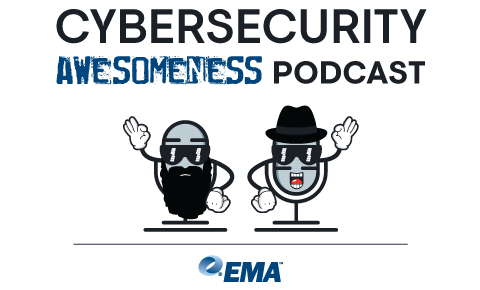Over the past two years, code assistants based on generative AI have transformed software coding, accelerating the generation of code on an unprecedented level. Developers are deploying more code than ever, but at a cost: exponential growth in security vulnerabilities. New research points to a 3X increase in repositories containing Personally Identifiable Information (PII) and payment data, a 10X increase in APIs without authorization and input validation, and more sensitive API endpoints exposed, all threats proliferated by AI-generated code. Though AI code assistants boost productivity, they possess no understanding of organizational risk, compliance policies, or security best practices, leaving companies more exposed ...
CISA's Product Security Bad Practices paper is one that every company should review as it details the "exceptionally risky software development activities" that are all too common in the industry ... While CISA's efforts can help companies navigate the "need for speed" in a fast-moving DevOps environment, IT and security leaders across the private sector must do their part to prepare their companies for the necessary changes ...
More than three-quarters (77%) of engineering leaders identify building AI capabilities into applications to improve features and functionality as a significant or moderate pain point, according to a survey by Gartner. The survey also found that the use of AI tools to augment software engineering workflows was the second largest pain point ...
Kubernetes was not initially designed with AI's vast resource variability in mind, and the rapid rise of AI has exposed Kubernetes limitations, particularly when it comes to cost and resource efficiency. Indeed, AI workloads differ from traditional applications in that they require a staggering amount and variety of compute resources, and their consumption is far less consistent than traditional workloads ... Considering the speed of AI innovation, teams cannot afford to be bogged down by these constant infrastructure concerns. A solution is needed ...
As AI reshapes industries, it has also erased the lines between truth and deception in the digital world. The AI Security Report 2025(link is external) from Check Point® Software Technologies Ltd.(link is external) uncovers four core areas where this erosion of trust is most visible ...
While nearly two in three organizations (63%) claim architecture is integrated throughout development (from design to deployment and beyond), more than half (56%) have documentation that doesn't match the architecture in production, according to the 2025 Architecture in Software Development study from vFunction.
Almost half (49%) of CISOs say buyers now factor application security (AppSec) into purchasing decisions, according to A CISO's Guide to Steering AppSec in the Age of DevSecOps, a report from Checkmarx. In fact, in nearly half of software-based product companies, security oversight has moved outside the CISO's office entirely. As application complexity and scale grow — driven by AI, microservices and hybrid application architectures — engineering teams are increasingly accountable for ensuring secure, scalable delivery ...
Developers are leveraging AI to accelerate the software development lifecycle, enabling them to automate repetitive coding tasks and generate substantial amounts of code in a fraction of the usual time. However, despite the numerous production advantages that AI has brought to organizations, it has simultaneously made it easier for less skilled hackers to infiltrate company systems with AI malicious code ...
QA teams are experiencing increasing pressure to accelerate release cycles, driven by AI-powered development, while maintaining high-quality standards, according to the 2025 Testing in DevOps Report from mabl ...
You might not hear about Artifactory tokens in mainstream security discussions, but here's a troubling reality: these tokens are corporate security's hidden Achilles' heel. Unlike many leaked credentials that turn out to be harmless personal access tokens or defunct keys, Artifactory tokens almost always lead directly to critical corporate assets ...
Generative AI (GenAI) is revolutionizing the managerial responsibilities of software engineering leaders, who must adapt to its impact on productivity, recruitment processes, and ethical considerations. The technology is perceived primarily as a cost-reduction tool, but leaders should emphasize its role as a force multiplier that enhances team efficiency rather than replacing staff ...
Security tools left running with weak configurations are a daily occurrence, as common as your morning brew. Breaches don't always start with flashy zero-days or clever phishing campaigns. They often begin with tools you trust; weak access controls, outdated configurations, and carelessness in setup make them prime targets for malicious actors ...







